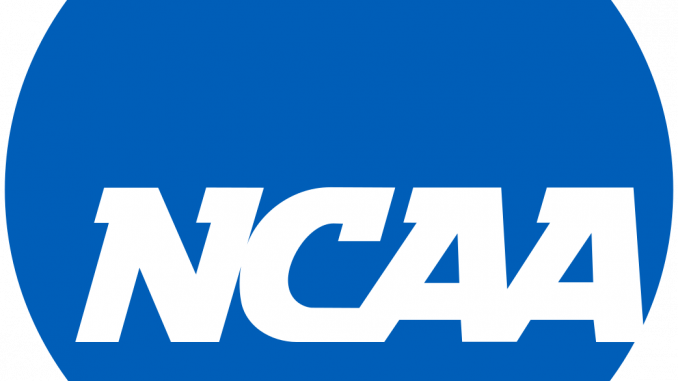
The National Collegiate Athletic Association (NCAA) has been closely monitoring COVID-19 and its impacts on the remainder of winter and entirety of spring seasons for college athletes.
“The NCAA continues to closely monitor COVID-19 and is taking proactive measures to mitigate the impact of the virus,” according to their website. “When it comes to decision-making, our commitment is this: protect the health and safety of college athletes.”
Based on the progression of the virus throughout the United States, the NCAA has canceled all remaining winter and spring NCAA championships. Unfortunately for Division 1 basketball players, this also means that their NCAA tournaments were canceled.
Happening simultaneously aside cancelations, the recruiting process of athletes has become uncertain. Usually, coaches rely on senior seasons to conclude recruitment, unless the athlete is looking to go D1.
On April 1, the committee of Division II athletics made a decision surrounding recruiting, eligibility, the effects on transfer students, as well as future programs hosted by D2.
The committee concluded that they would extend the recruiting period from April 15 to May 31 for D2 athletes, following the decision from D1 to do the same. Members of D2 are allowed to continue to recruit “prospective student-athletes by phone or email during this time, but cannot engage in in-person recruiting on or off-campus,” wrote Associate Director of Communications and Editorial Development at the NCAA Rachel Stark-Mason.
For winter athletes, the D2 committee also decided to not allow extended eligibility for another season. This decision, however, does not impact spring athletes. The college athletes who have only played a few weeks of their respective seasons have been granted eligibility for recruitment.
“The committee determined that Division II winter sport student-athletes had a meaningful participation opportunity, having completed their full regular seasons and conference championships before the COVID-19 cancellations took effect,” Stark-Mason said.
Along with the impact on the administrative side of the NCAA, the financial burden the COVID-19 crisis has caused is greater than expected.
Division III is said to suffer from a $7.6 million deficit for the 2019-20 fiscal year. This deficit has caused the targeted revenue to drop from $33 million to $10.7 million. In other words, due to the cancelation of pre-funded events due to COVID-19, D3 has spent $7.6 million more than the $10.7 million in revenue they will receive.
Overall, the COVID-19 pandemic has affected collegiate athletes everywhere, but the financial burdens and administrative difficulty for future seasons is prominent. Can the NCAA work out the kinks for the 2020-2021 seasons? We’ll have to wait and see.
